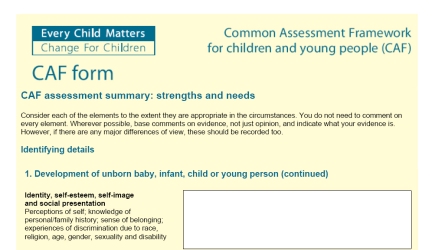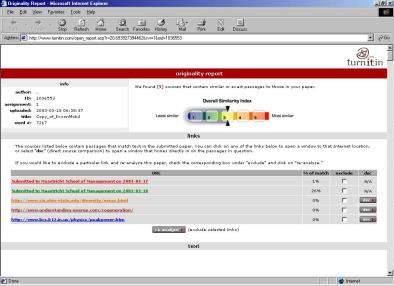‘The Team Around the Children: Codes, rules and imaginary epistemic objects in interagency working for integrated childrens’ services. – Steve Brown, Leicester University
Notes written by students of Theo Vurdubakis -Department of Organisation, Work and Technology, Lancaster University:
Steve’s presentation focused on the frameworks and technologies used in the protection of children who are seen to be at risk. The aim was to examine and question how technologies such as the CAF (Common Assessment Framework) form were used to co-ordinate all of the services involved in the detection and ultimate protection of children at risk. It examined methods of assessment that were carried out by a multitude of services, under the technology of the CAF form, making the child an object of intervention and risk assessment by a plethora of agencies.
In response to the death of Victoria Climbie, a project was initiated named ‘Every child matters’ (ECM) . The findings of a report published by ECM identified a lack of co-ordination between all of the services involved in assessing and determining which or whether children were at risk. One of the outcomes was the development of the CAF form, which was to provide through ‘master codings’ a way of overcoming the problems of co-ordination. The aim was to provide different professions and services involved in the assessment process, a way of working on different bits of the child at different moments and to bring these processes together. The CAF form is a way to ‘cut up and then reassemble the child’.
Filed under: workshop 2 | Tagged: abstraction, care, children, code | Leave a comment »









